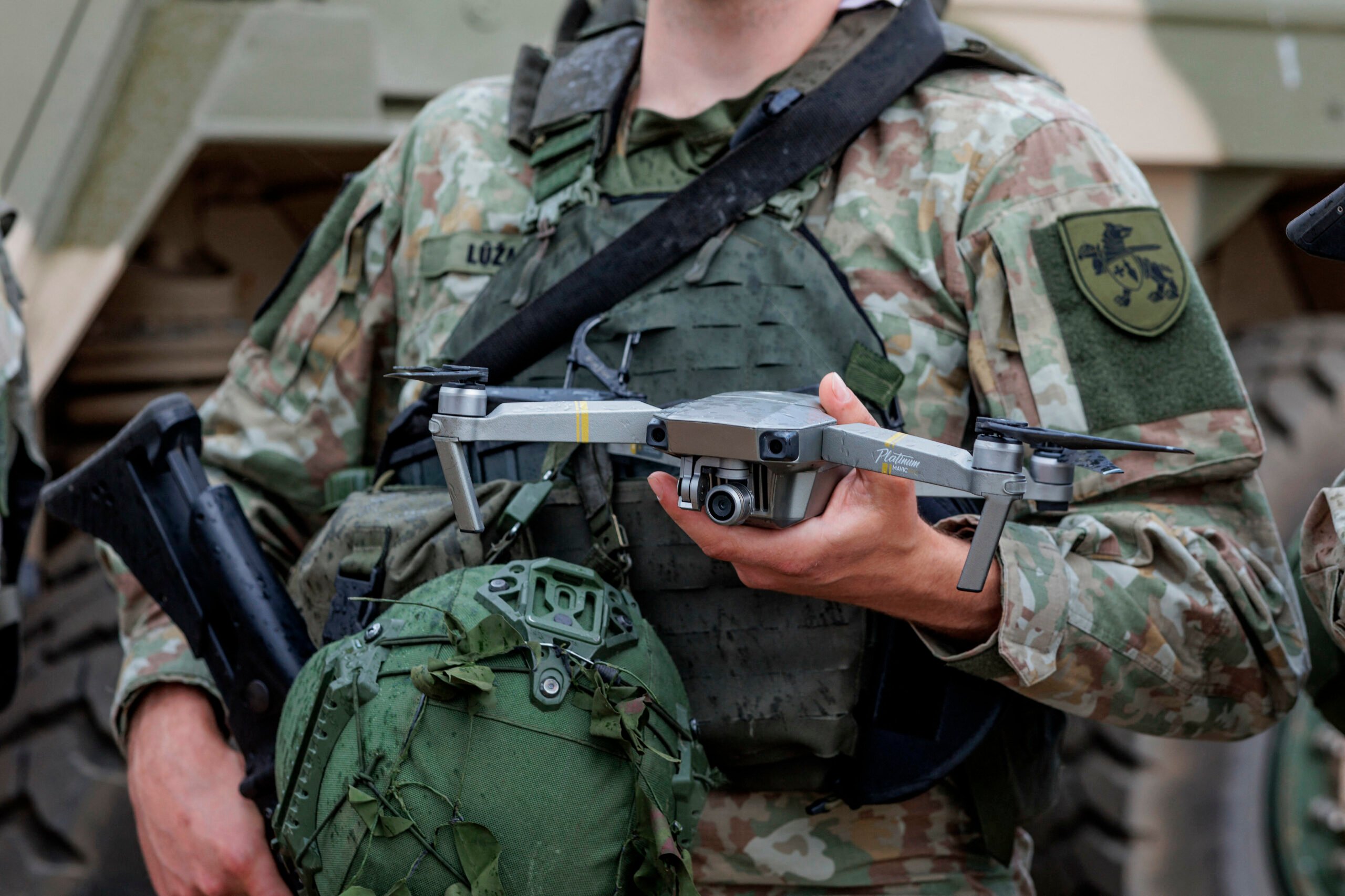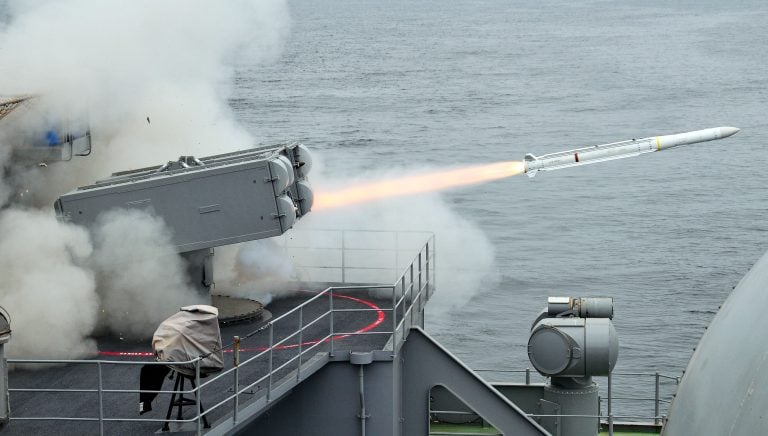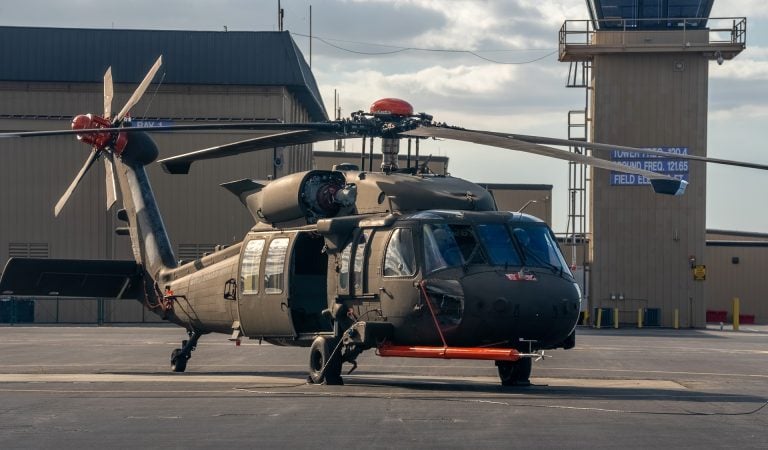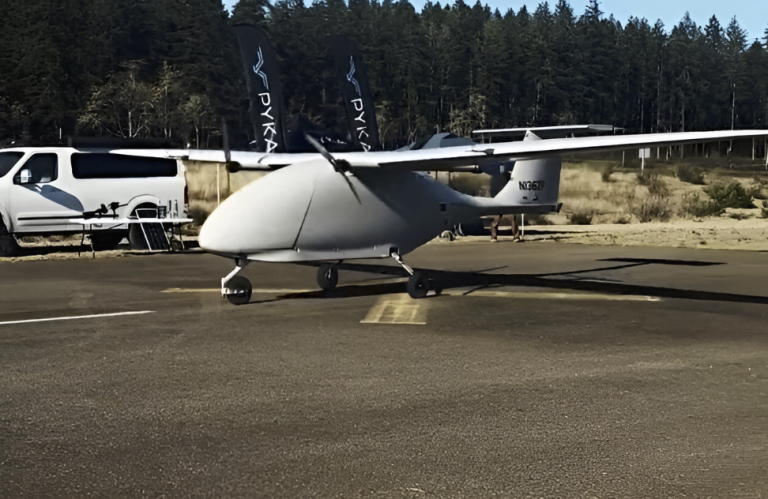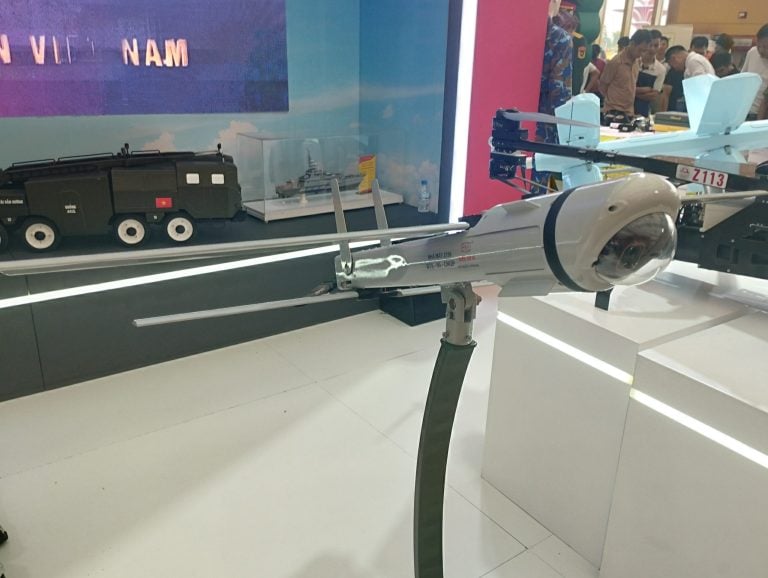Lithuania is moving forward with proposed changes to its military force regulations aimed at enhancing the armed forces’ response capabilities to drone threats. According to local media reports, the draft legislation would empower military personnel to take action against unmanned aircraft within restricted zones, provided they receive approval from the defense minister or an appointed official. Currently, military force is only permissible if an aircraft poses a direct risk to critical infrastructure.
If the proposal is enacted, military action would be carried out only when deemed necessary, with specific precautions in place to prevent any collateral damage. This initiative reflects growing concerns about aerial threats, especially following recent incidents involving Russian-made Gerbera drones. These drones, some of which have been reported to carry explosives, have crossed into Lithuanian airspace from Belarus, a nation allied with Russia.
The use of Gerbera drones is a tactic employed by Russia to create diversions in attacks on Ukraine, designed to overwhelm and mislead air defenses. In light of these events, Lithuania’s Transport and Communications Ministry has taken proactive measures, closing parts of its airspace along the border with Belarus until October, with the option for further extensions.
The initiative highlights escalating security anxieties related to Russia’s ongoing conflict in Ukraine. In recent months, Lithuania has ramped up its military readiness and increased defense spending as a direct response to these threats. Last month, officials emphasized the pressing need for NATO to bolster its anti-drone and air defense strategies along its eastern borders.
Acting Minister of Foreign Affairs Kęstutis Budry remarked on the situation, noting, “Russian drones directed towards Ukraine and strayed off course, entering NATO territory and posing a threat to civilians and critical infrastructure.” He emphasized that this issue transcends individual nations, framing it as a collective security challenge for the entire NATO alliance.
In addition to these military adjustments, Lithuania’s capital, Vilnius, located a mere 30 kilometers (approximately 20 miles) from the Belarusian border, has outlined an evacuation plan in anticipation of potential threats from Russia, underscoring the gravity of the situation in the region.
